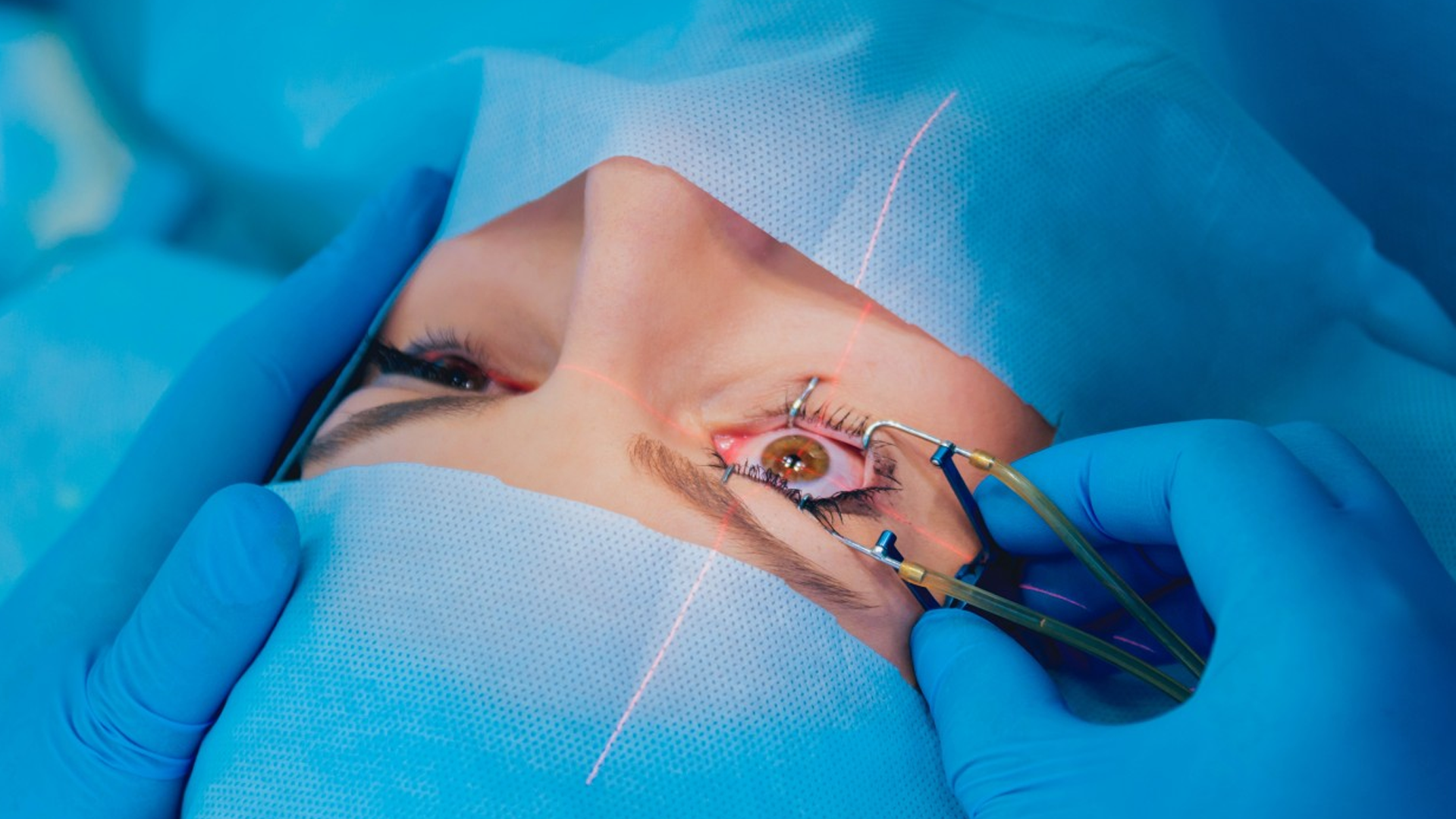
Lasik Surgery
When glasses or contact lenses become a trouble in your life, LASIK surgery offers an alternative that can give you a clear vision again. The innovative technology treats the most common types of refractive errors that you may know as nearsightedness (myopia), farsightedness (hyperopia) and astigmatism. Changes in the structure of your eye that alter your vision may relate to age or to coping with the challenges that result from the way that you use your eyes. LASIK surgery offers a highly successful approach to permanently improving your vision without ever having to use glasses or contact lenses ever again.
What Refractive Problems Does LASIK Laser Eye Surgery Correct?
You may have used contact lenses or glasses to help you cope with the inconvenience of not seeing well, and perhaps now you are considering LASIK procedure as a superior way to improve your vision. Following are the refractive problems that a LASIK surgery will help you correct:
Myopia
The medical term for nearsightedness is “myopia”, a condition that allows you to see an object only when it is close to you. The blurry appearance of distant objects makes them difficult to identify. If you have myopic eyes, the long length of your eyeball from front to back or deviations in the shape of your eye structures can make your vision inadequate. The symptoms that you may experience with myopia include the ability to see words on a computer screen or in a book but not a movie or a TV program. The strain of trying to see distant objects can produce eyestrain and headaches. You may wonder why your eyeball is too long, and researchers can only suggest some possible causes.
Hyperopia
Farsightedness or hyperopia makes distant objects easier for you to see than those that are close to you. Symptoms may not attract your attention when you are young, but they may eventually create blurry vision when you look at objects that are both near and far away. Some indications that you are farsighted include eyestrain, headaches, squinting and blurry vision when you look at something that is close to you. The purpose of refractive surgery is to reshape your cornea to improve your vision permanently.
